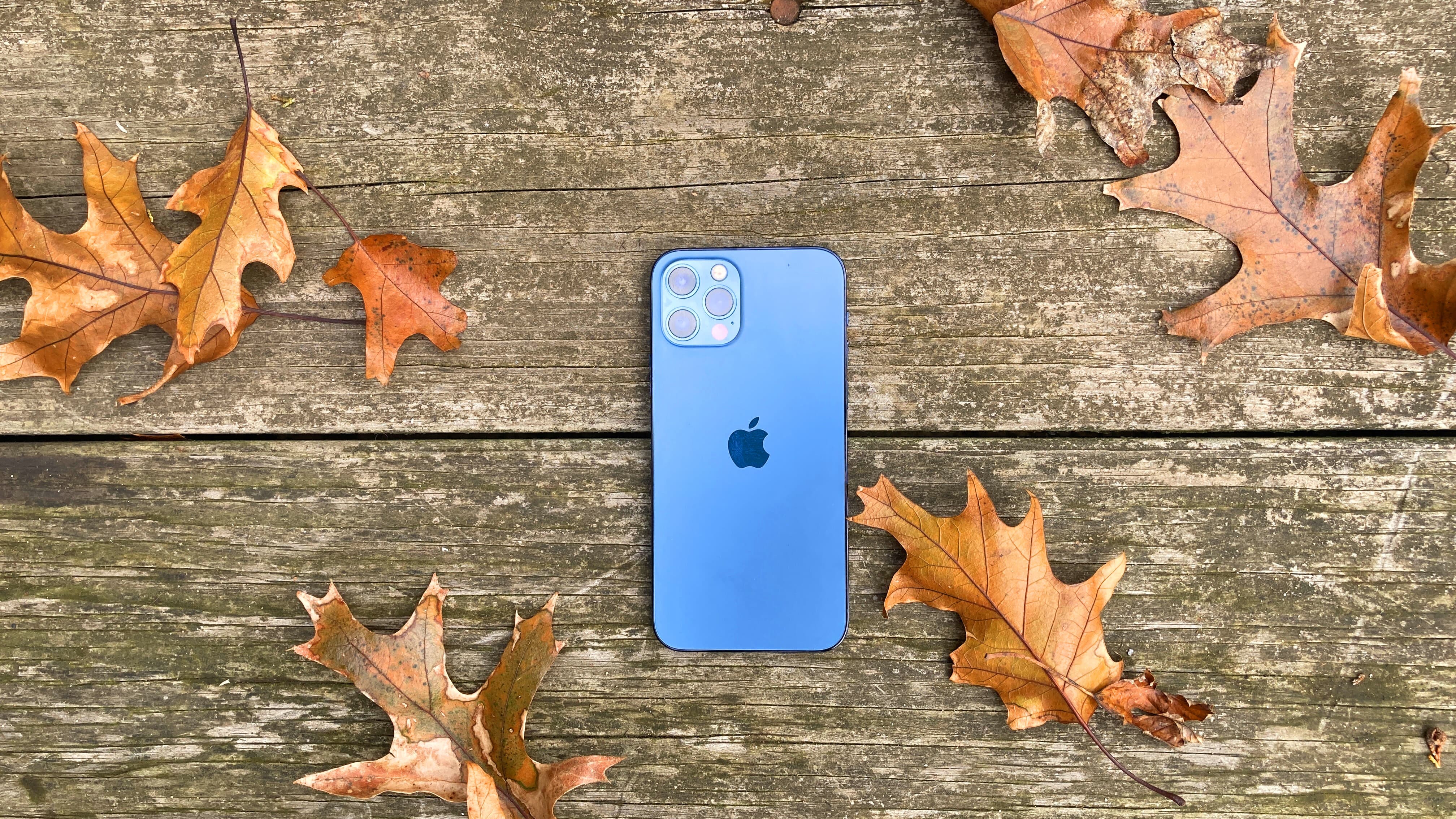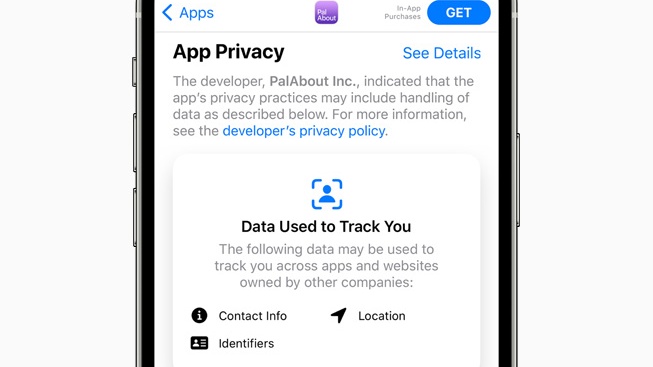The next iOS 14 update should fix this — iPhone apps exposed for inaccurate info on data usage
What good is a privacy label if it's inaccurate?

The next iOS 14 update is imminent, and while the upcoming upgrade comes with applaudable privacy enhancements, Apple may want to work on auditing the truthfulness of its current app-privacy labels.
According to a Washington Post investigation, Apple's highly praised app-privacy labels are often misleading and inaccurate, causing many to question whether Apple's privacy labels are trustworthy.
- The iOS 14.4 update is here — your iPhone's camera and Bluetooth will get some sweet upgrades
- The iOS 14.5 update is coming — your iPhone will get this amazing new iPhone feature
The Washington Post exposed Apple's privacy labels as misleading
In mid-December of last year, Apple garnered a lot of praise from security-minded users after launching its "privacy label" policy, which required all app developers to inform consumers about how their data is collected, used and shared. Apple marketed these privacy labels as the "nutrition facts" of digital data collection — it's a graspable, easy-to-comprehend way to understand how apps affect your privacy.

"You’ll need to provide information about your app’s privacy practices, including the practices of third-party partners whose code you integrate into your app," Apple told its developers. "You’re responsible for keeping your responses accurate and up to date."
According to an recent exposé from the Washington Post, developers aren't telling the whole truth about how their apps encroach on users' privacy. Geoffrey A. Fowley explained how an app called "Satisfying Slime Simulator" had the highest-level label for privacy ("Data not collected"), but still found that it covertly sent his information to Facebook, Google and other platforms.
"Behind the scenes, apps can be data vampires, probing our phones to help target ads or sell information about us to data firms and even governments," Fowler wrote.
Other apps that didn't pass Fowler's accuracy test included Match 3D, the PBS Kids Video app and a social network app called Rumble (as of this writing, all three apps have updated their labels). The main reason why many app privacy labels don't reflect what's truly going on behind the scenes is because Apple is too reliant on developers' scrupulousness. The fine print on every app label's detail page says, "This information has not been verified by Apple."
Sign up to receive The Snapshot, a free special dispatch from Laptop Mag, in your inbox.
Apple told the Washington Post that it regularly audits the information provided by developers and works with them to correct any inaccuracies. Plus, in some cases, apps that fail to comply with Apple's privacy policy will be removed from the App Store entirely.
Fowler wasn't entirely convinced, though. "My spot checks suggest Apple isn’t being very effective. And even when they are filled out correctly, what are Apple’s privacy labels allowing apps to get away with not telling us?"
Despite a few bumps in the road, Apple is still well ahead of its competitors in terms of protecting its users privacy. The next iOS 14 update will feature a new privacy enhancement called App Tracking Transparency, which requires apps to ask users' permission before tracking their data across apps or websites owned by other companies.
Apple's gaffe with privacy-label inaccuracies can easily be rectified with a stricter verification process.
Kimberly Gedeon, holding a Master's degree in International Journalism, launched her career as a journalist for MadameNoire's business beat in 2013. She loved translating stuffy stories about the economy, personal finance and investing into digestible, easy-to-understand, entertaining stories for young women of color. During her time on the business beat, she discovered her passion for tech as she dove into articles about tech entrepreneurship, the Consumer Electronics Show (CES) and the latest tablets. After eight years of freelancing, dabbling in a myriad of beats, she's finally found a home at Laptop Mag that accepts her as the crypto-addicted, virtual reality-loving, investing-focused, tech-fascinated nerd she is. Woot!

